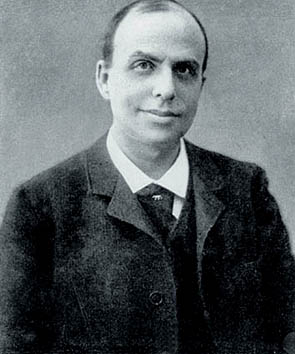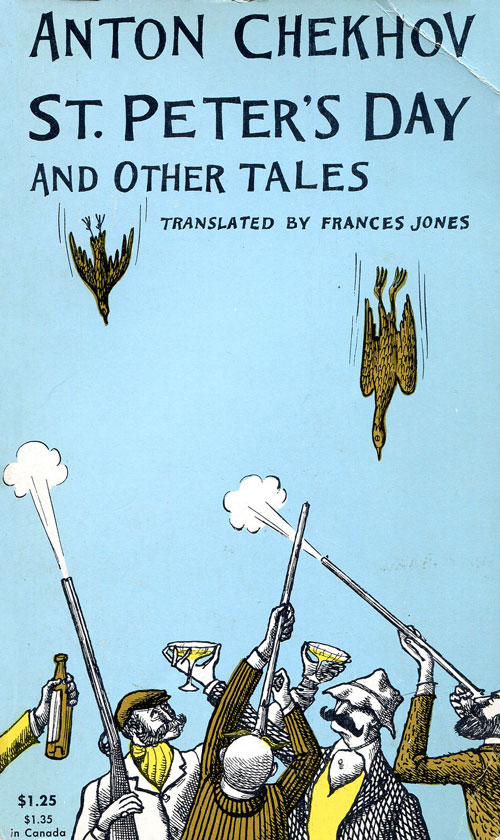Bartleby the Scrivener, from Herman Melville’s 1853 story of that name, is one of the most numinous characters in literature. Though fictional, he has always seemed to me to be a role model, a man to emulate if we wish to live a better life. Handily, for those of us seeking to Be Bartleby, the estimable John Ptak at Ptak Science Books has gathered into a single list all the separate utterances of our hero. Armed with the list, we can confine our own speech to the words and phrases spoken by the scrivener. Note how splendidly appropriate they are to almost every conceivable situation.
“I would prefer not to.”
“I would prefer not to.”
“What is wanted?”
“I would prefer not to.”
“I would prefer not to.”
“I prefer not to”
“I prefer not to”
“I would prefer not to”
“I prefer not.”
“I would prefer not to.”
“I would prefer not to.”
“At present I prefer to give no answer”
“At present I would prefer not to be a little reasonable”
“I would prefer to be left alone here”
“No more”
“Do you not see the reason for yourself?”
“I have given up copying”
“I would prefer not”
“I am very sorry, sir”
“Sitting upon the banister,”
“No, I would prefer not to make any change”
“There is too much confinement about that. No, I would not like a clerkship; but I am not particular.”
“I would prefer not to take a clerkship”
“I would not like it at all; though, as I said before, I am not particular.”
“No, I would prefer to be doing something else.”
“Not at all. It does not strike me that there is any thing definite about that. I like to be stationary. But I am not particular.”
“No: at present I would prefer not to make any change at all.”
“I know you, and I want nothing to say to you.”
“I know where I am”
“I prefer not to dine to-day,”
“It would disagree with me; I am unused to dinners.”





